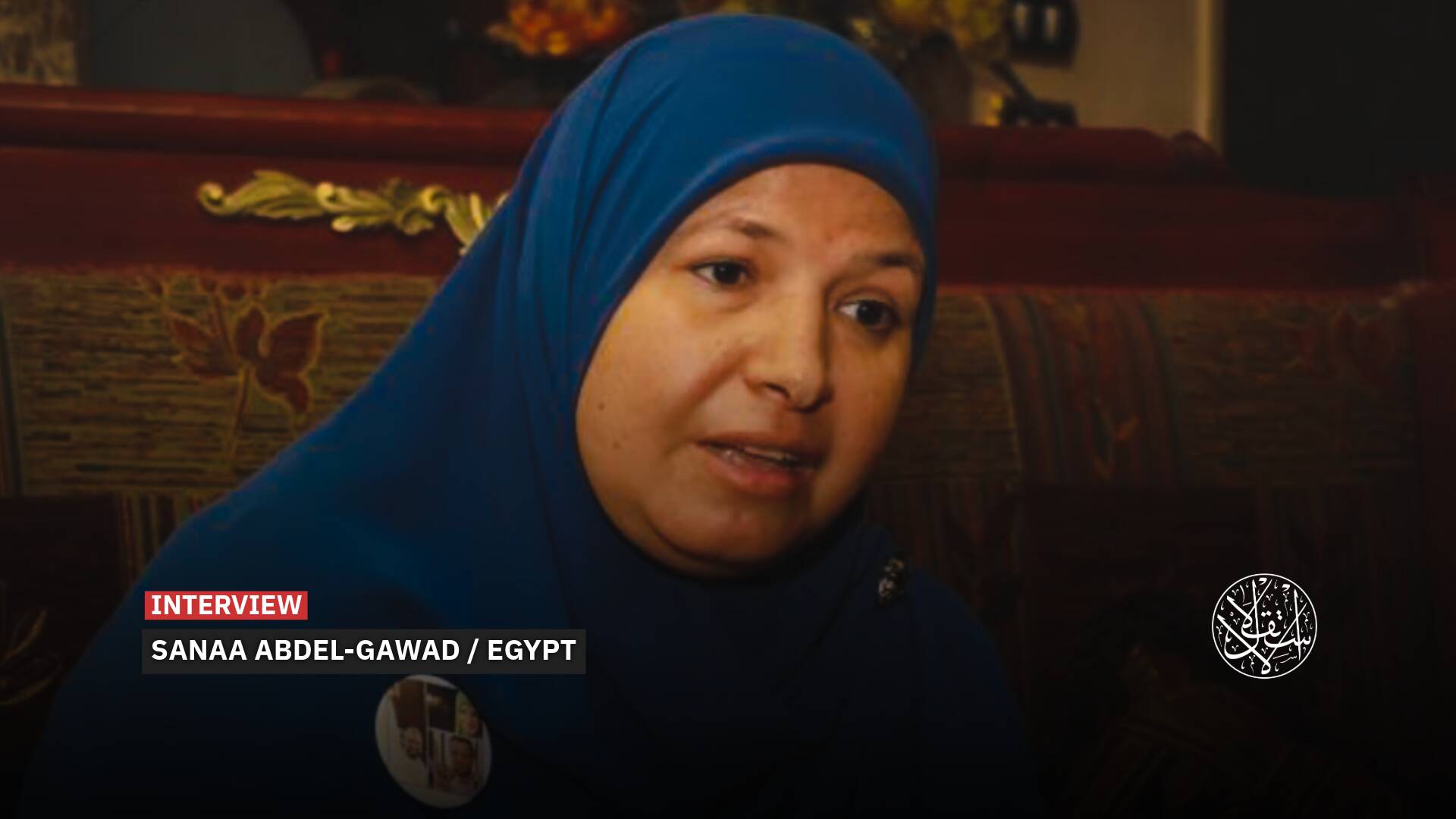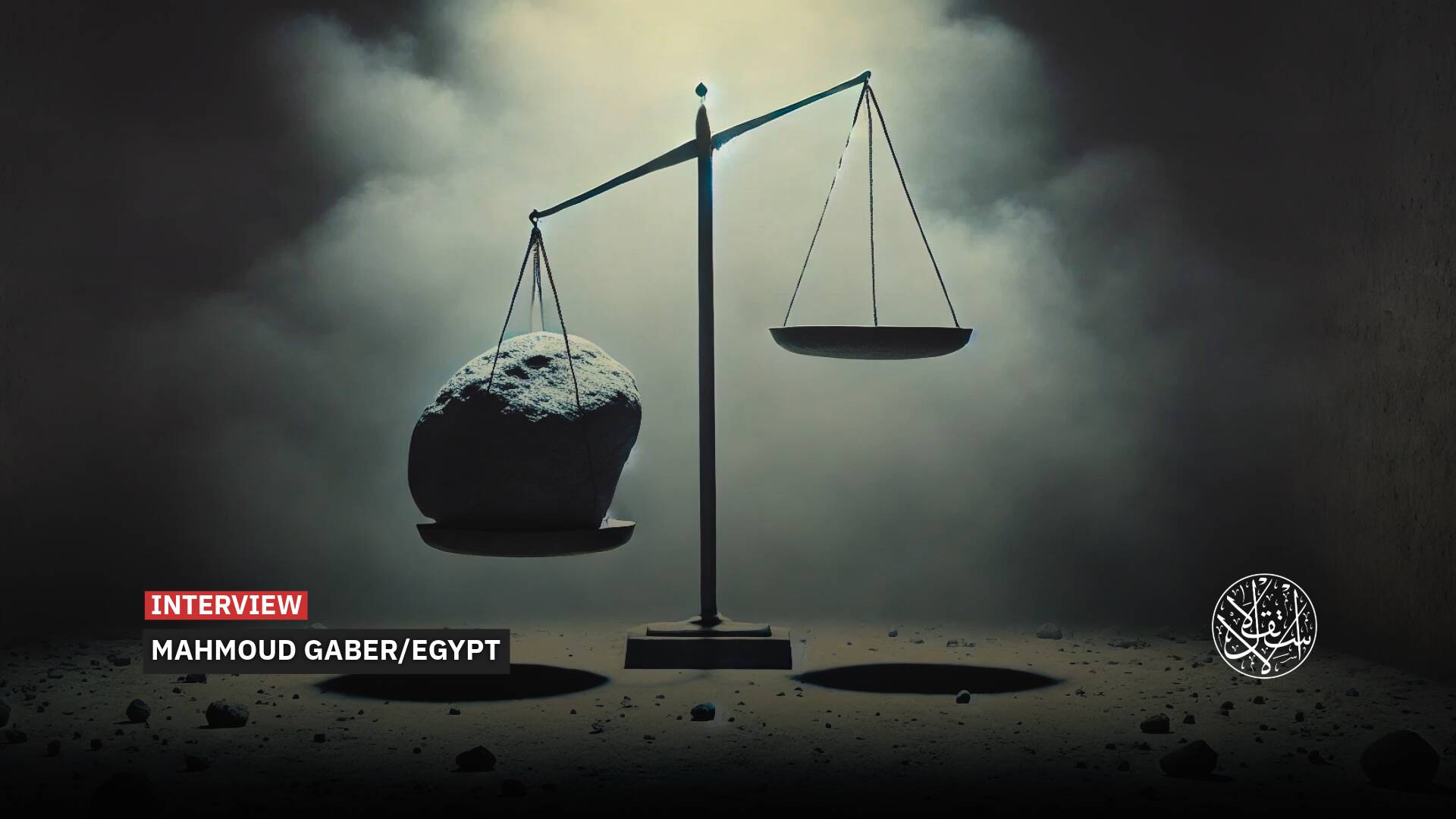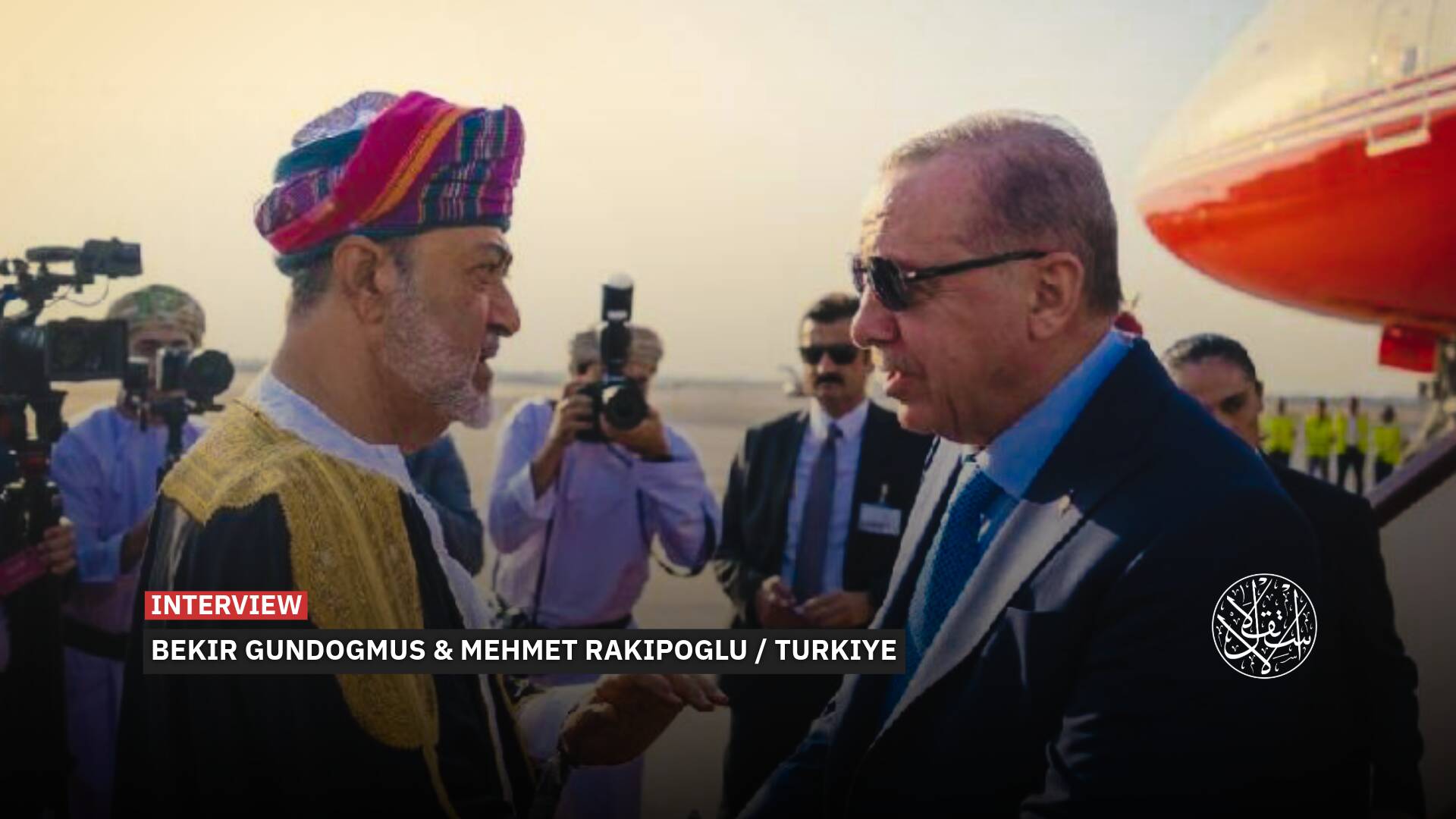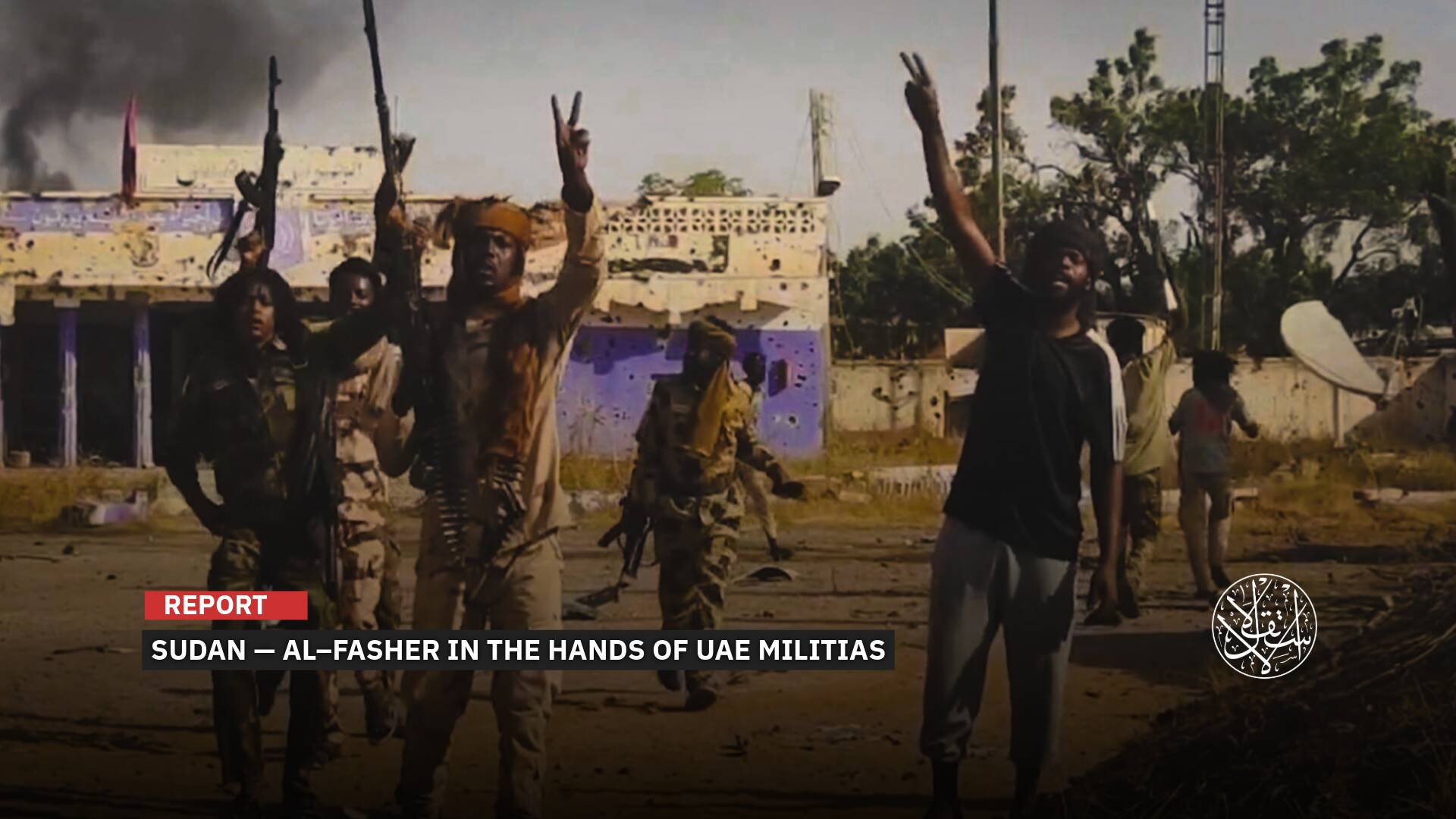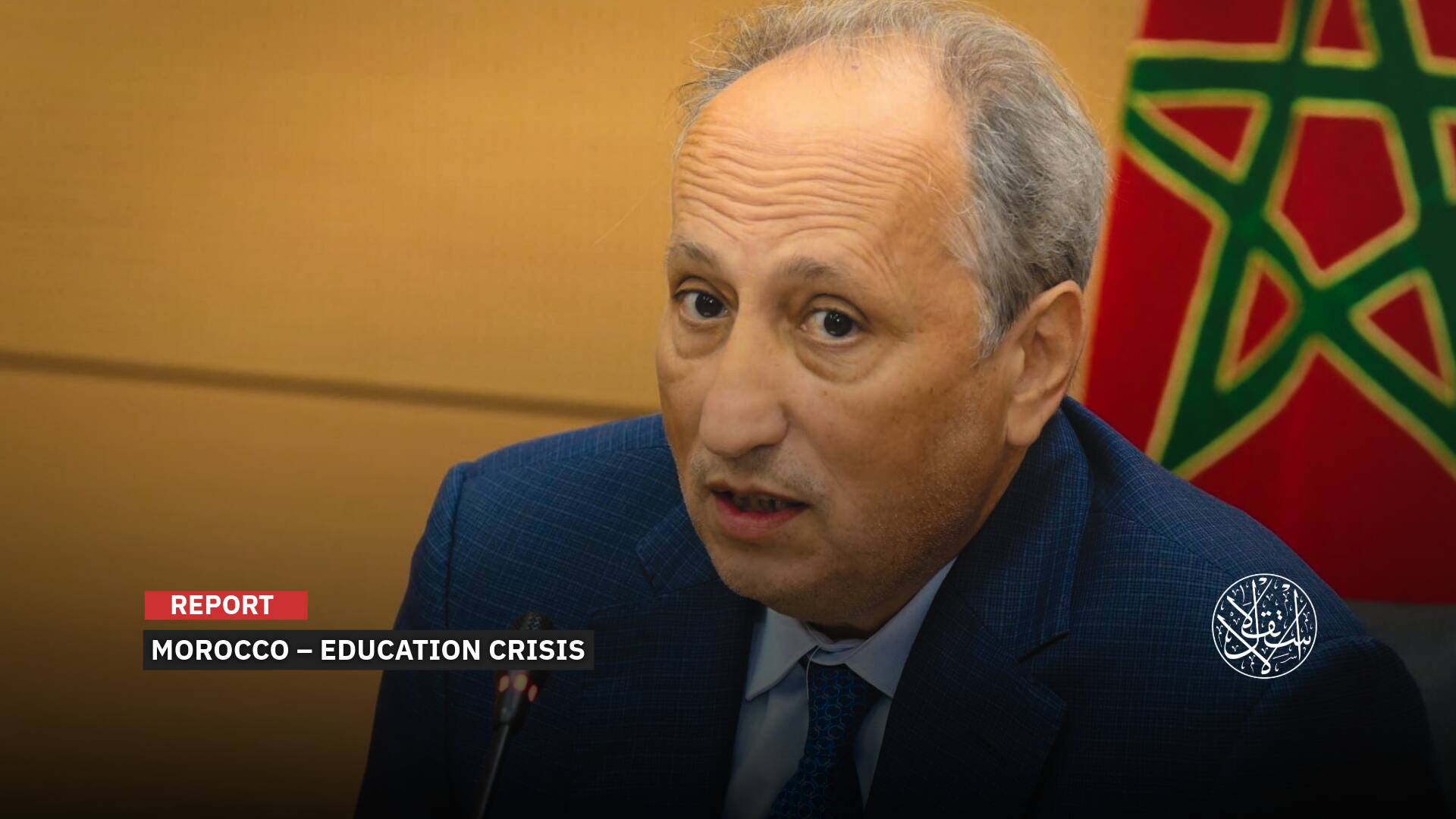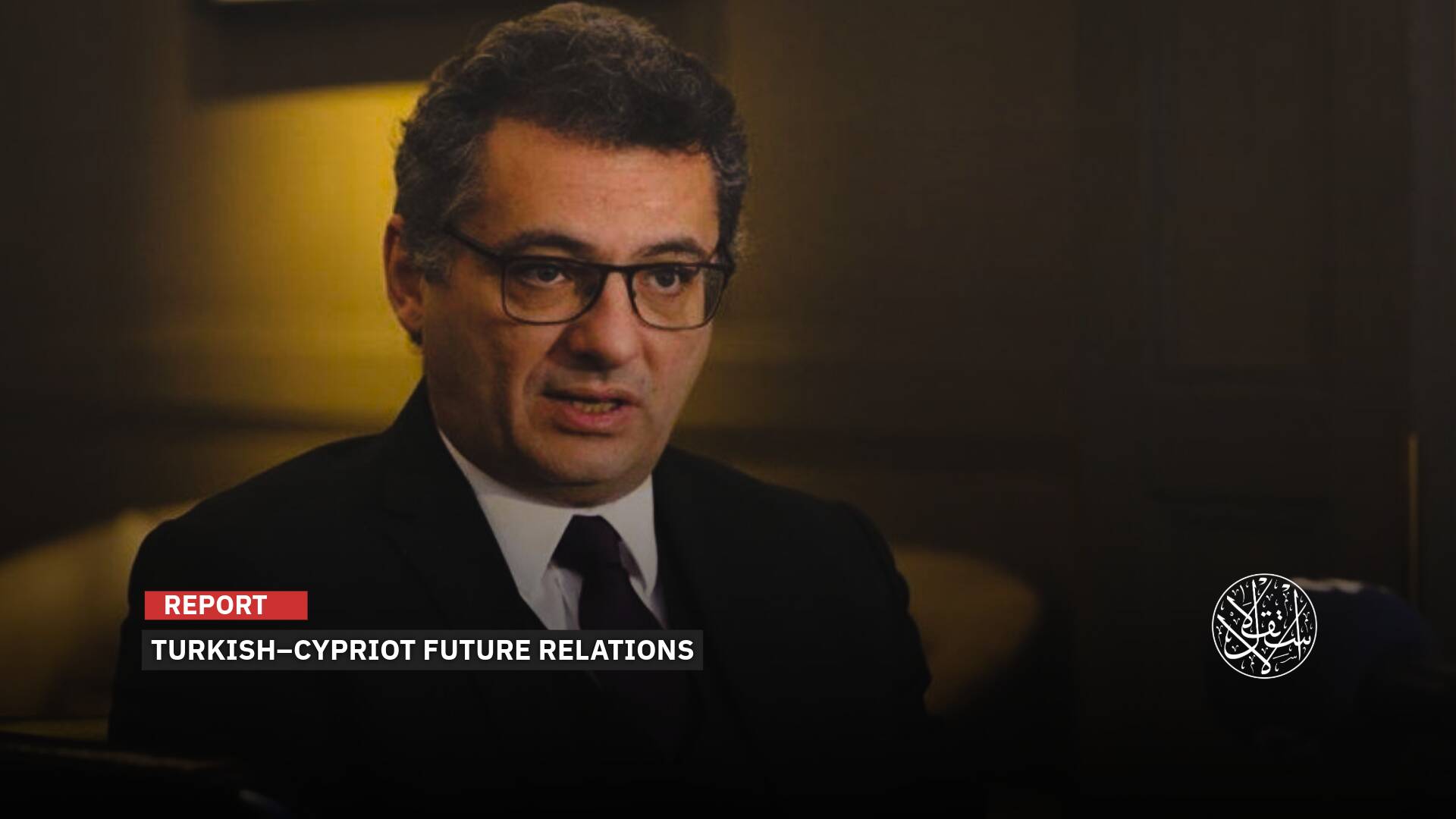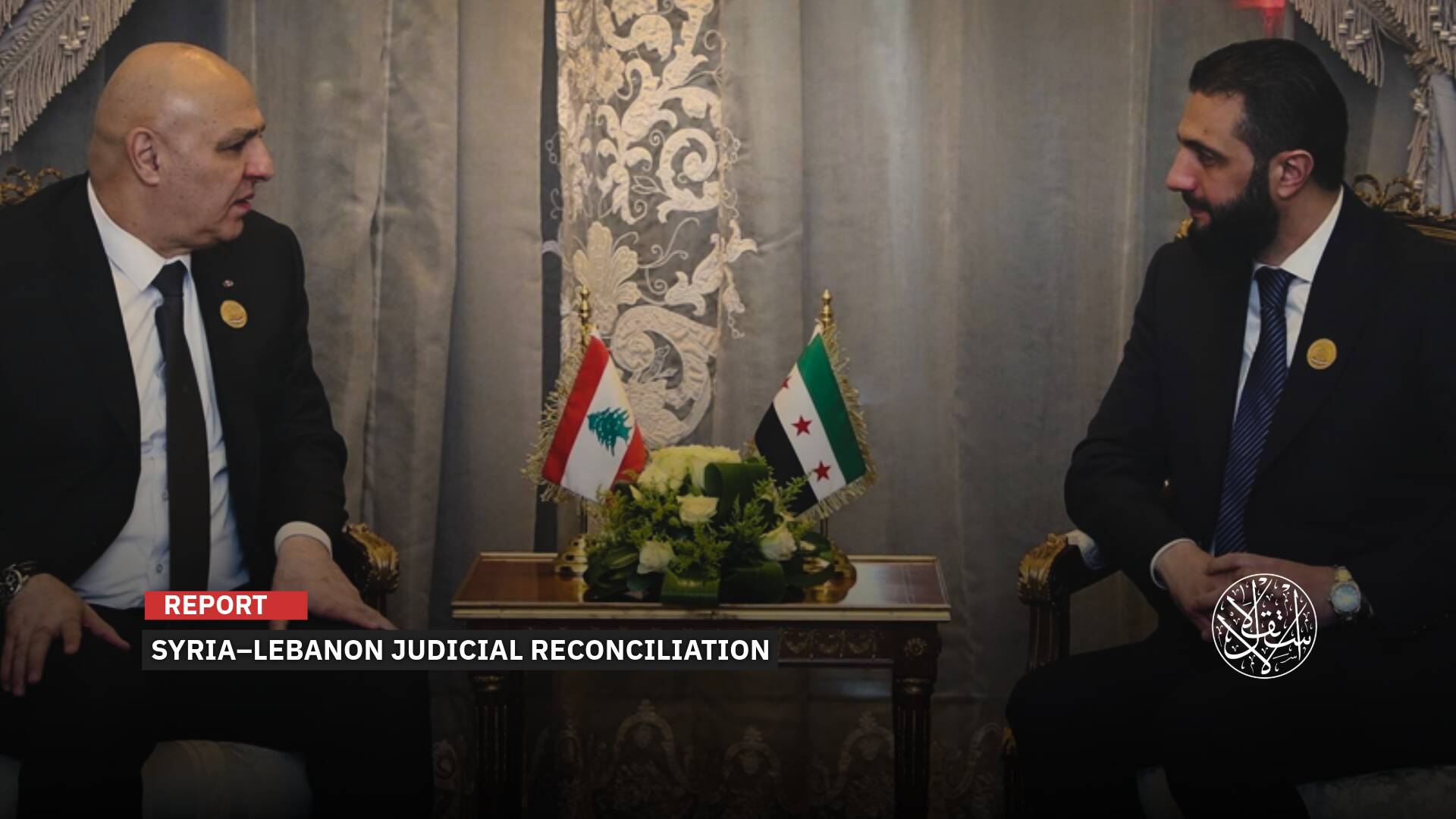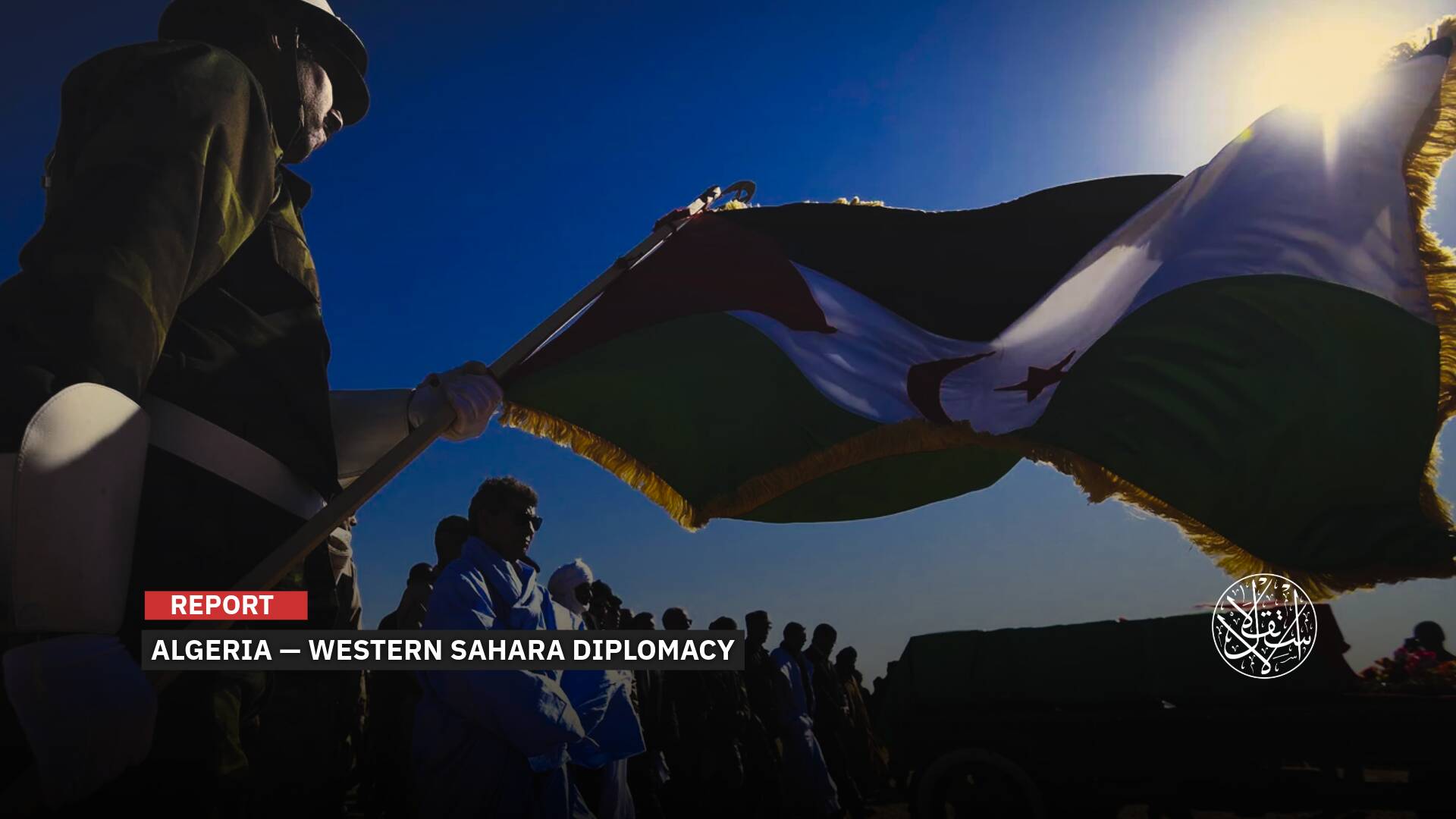Dr. Saad Al-Faqih to Al-Estiklal: Saudi Arabia Is Living in a Nightmare, and the United States May Remove MBS

The head of the Movement for Islamic Reform (MIRA), the Saudi dissident Saad al-Faqih, stressed that the recent massacre of executions ordered by Crown Prince Mohammed Bin Salman aimed at terrorizing the people.
Al-Faqih added, in an interview with Al-Estiklal, that there is no free or independent judiciary in Saudi Arabia.
Politically, the Saudi dissident made it clear that, unlike the current rumors, Saudi Arabia can never leave the American orbit.
On the issue of normalization, Al-Faqih pointed out that Israel is afraid of raising its flag in Saudi Arabia so that the symbolic leadership of Muslims will not be transferred to Turkey or any other Islamic country.
Regionally, he stressed that if the support of Saudi Arabia and the UAE had been cut off, the leader of the military coup in Egypt, Abdel Fattah el-Sisi, would have collapsed immediately, the rebel Khalifa Haftar would have collapsed in Libya, and the coup would have ended in Tunisia.
Saad Bin Rashid al-Faqih, 65, is a former surgeon, head of the political bureau of the Committee for the Defense of Legitimate Rights (a human rights organization), and the founder of the MIRA (a political organization), but both entities are banned in Saudi Arabia, so he continues his work from Britain.
Systematic Executions
- What is the reality and background to the execution of more than 81 Saudi citizens on March 12, 2022?
Dr. Saad al-Faqih: Dr. Saad al-Faqih: Executing large numbers of executions is not unusual for the judiciary in Saudi Arabia, what is new this time is that the executions that were scattered throughout the year were collected at once.
The implementation of such executions is a massacre for two purposes, the first: Distracting people from the scandal of Bin Salman's interview with the Atlantic magazine.
The second: To intimidate the Saudi people after social media witnessed many protests against its arbitrary practices, especially the demolitions in the city of Jeddah, and the calls for demonstrations and gatherings.
It was noted in the recent executions that half of them are Sunnis and half of them are Shiites, and that is for two purposes, first: So that it is not said that a sect is intended, and secondly: That each sect takes advantage of the grudges of each sect against the other, and gloating between sects overcomes anger over the incident.
- There is an excessive execution of death sentences in the Kingdom. Is there a free judiciary and fair trials?
Dr. Saad al-Faqih: There is no free or independent judiciary in the country. The king appoints, separates and promotes judges from one rank to another.
The judicial authority is represented by the royal court, and the state security apparatus controls the conduct of cases and the manner in which they are presented to judges.
Rather, orders are issued to the judges explicitly to acquit the person, imprison this person for a year, kill this person, and prevent this person from traveling.
All political trials are secret, and the accused is deprived of a lawyer, and if he has a lawyer, his job is to inform the accused’s family of the trial proceedings.
- What is the reality and future of the human rights situation in the Kingdom in particular, and the Gulf in general?
Dr. Saad al-Faqih: The Gulf countries vary in respect of human rights and the independence of the judiciary. Kuwait is one of the least cruel Gulf countries, followed by Qatar, Bahrain and Oman.
While in Saudi Arabia and the UAE there is no such thing as human rights at all; the state security apparatus in both countries has the right to arrest, torture, and disappearances, and to bring charges against whomever they want as they wish.
As for the judiciary, it is entirely owned by the ruling family, and the security apparatus has the right to arrest people for trivial reasons such as writing a tweet, communicating with an activist abroad or at home, or holding him responsible for a situation that has passed for more than a decade.
Also, in Saudi Arabia, there is no immunity even for visitors to the Two Holy Mosques.
Rather, Mecca, Medina, Hajj and Umrah turned into a network of hunting for the safe Muslim pilgrims and handing them over to the regimes of their tyrannical countries, violating the safety that the pilgrim should enjoy until he returns to where he came from.
- What is the reality of freedoms and democracy that Bin Salman preaches?
Dr. Saad al-Faqih: The kingdom lives in the era of Mohammed Bin Salman tyranny and dictatorship, and even the small margin of freedom that existed in the era of previous kings was removed.
Today, the Saudi people live under the nightmare of an oppressive police state par excellence, which unfortunately resembles North Korea.
As for democracy, the faded idea that King Abdullah had initiated, which is the municipal elections, has been abolished, which was originally just a beautification of the regime, and was not an important parliamentary representation.
Rather, Bin Salman eliminated the limited Shura within the ruling family and those close to them among the scholars and notables.
He was completely tyrannized by his opinion and the opinion of a number of his close friends, such as Saud al-Qahtani and Turki al-Sheikh.

Bin Salman's Dilemma
- What is the most dangerous thing that was said by the Saudi Crown Prince in his interview with The Atlantic?
Dr. Saad al-Faqih: The two most dangerous things are declaring Israel an ally, which is something far beyond normalization, and abolishing a number of Islamic borders and maintaining only the death limit, a public declaration that abolishes the application of Islamic law.
Although the Saudi regime abolished the application of Sharia for many years without declaring it, but Bin Salman is now publicly so, and he has issued instructions not to translate these two parts related to Israel and Sharia.
- Where did Bin Salman's ambitions reach?
Dr. Saad al-Faqih: The Crown Prince has three directions of ambition, the first is to remove the religious and creed identity and the consequent moral commitment from the people in the land of the Two Holy Mosques, convincing the West that he is the ruler who must support and remain in his authority.
This is what he strives for vigorously and thinks that he will achieve his goal. In my opinion, the opposite will happen in a violent reaction that will restore the country to its identity, stronger than before.
The second trend is to seek to formally take over the rule of the country after it has been in practice, and this step is still taking hold, as he has not finished eliminating all the pockets of rejection of him in the ruling family.
The third trend is his desire to be a great historical leader and conqueror through his adventures that failed miserably, whether in the war in Yemen or the siege of Qatar, then came the problem of Jamal Khashoggi, which turned the tables completely on him.
- What is the truth about King Salman regaining control of sensitive files in the Kingdom?
Dr. Saad al-Faqih: These are all lies, and the king, as a very close source tells us, fell into dementia in 2013 and his status completely worsened in 2017.
The king is mentally completely outside the circle, and his son, the Crown Prince, is the one who runs everything.
- What is the fate of Bin Salman’s dreams regarding the NEOM project?
Dr. Saad al-Faqih: The NEOM project is a fantasy with the testimony of international experts, and it is no more than the imagination of a young teenager who does not understand the principles of development, and wants to implement what comes to his mind without consulting experts.
So far nothing has been implemented except a group of palaces, in which the highest levels of luxury, and nothing of importance is expected to be implemented despite the huge money spent.

Regional Relations
- How do you see the Turkish rapprochement with the UAE and Bahrain, as well as Kuwait, Qatar and Oman, and what is Saudi Arabia's position on it?
Dr. Saad al-Faqih: There was no problem for Turkey with Qatar, Kuwait and Oman because they are countries that are led in a natural way, and they do not have to drop the enmity with political Islam.
As for Saudi Arabia and the UAE, they have adopted hostility towards Turkey and are malicious against political Islam with which President Recep Tayyip Erdogan is accused. As for Bahrain, it is affiliated with Saudi Arabia and cannot bypass its policy.
- What is the reason for the Saudi slowdown in restoring its normal relations with Ankara?
Dr. Saad al-Faqih: The reason is that Mohammed Bin Salman has stipulated a set of conditions that are insulting to Turkey and its national sovereignty, and I do not think the Turks are implementing his conditions.
- What is Saudi Arabia’s position on the Russian-Ukrainian war?
Dr. Saad al-Faqih: The Kingdom’s position is a personal position of Bin Salman, who still maintains a strong relationship with Jared Kushner, the son-in-law of former US President Donald Trump, with whom he plans to return to power.
Trump had taken advantage of the oil crisis to ask Bin Salman to claim commitment to the OPEC+ agreement and not to pump more oil in response to Biden’s calls.
This is contrary to what is being published that the reason is a Saudi turn towards Russia and China, because Riyadh can never get out of the American orbit, as it is politically, militarily, security and technically dependent on Washington.
- What is the nature of the Gulf-Gulf and Saudi-Gulf relations in light of the ongoing Russian war?
Dr. Saad al-Faqih: The Gulf-Gulf relations are subject to the will of America, and it is an area of American hegemony par excellence.
Therefore, as long as there is no major regional event, such as the outbreak of a war with Iran, these relations will continue to work in America's interest.
If Bin Salman continues to delay in implementing the orders of US President Joe Biden, in coordination with Trump, most likely, Washington will force him to obey again, or it may remove him and replace him with someone else in the family.
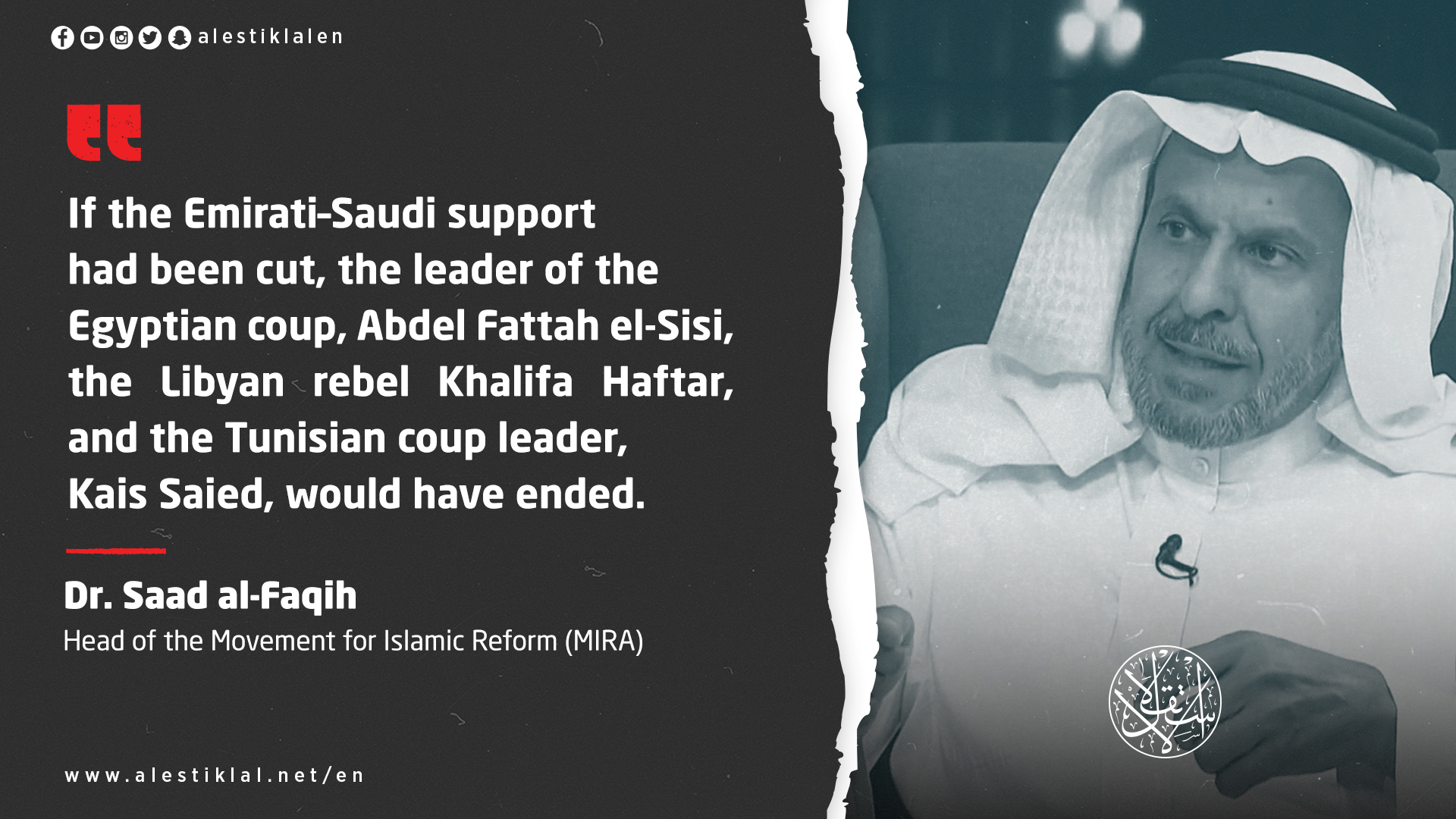
- What about the Yemen war and the American role in it after the Houthi strikes reached the Saudi and Emirati depths?
Dr. Saad al-Faqih: The war in Yemen is a big issue that cannot be answered in a few lines, and I will only answer about the American role represented in the following:
First: Ignoring the war crimes of bombing civilians and infrastructure.
Second: America's non-interference militarily until there is a ground penetration into Saudi Arabia.
Third: Preventing Iranian support from reaching a qualitative development that disturbs the stability of the regime in Saudi Arabia.
Fourth: America was supporting Saudi Arabia with information and logistics, but now there is a resistance to this in Congress, and this support is delayed.
Leading the Islamic World
- To what extent has normalization with the Zionist entity reached in light of the current events?
Dr. Saad al-Faqih: Normalization is taking place strongly through military, security, political, technical and media coordination. The irony is that it is Israel that refuses to open the embassy, and raise the Israeli flag in Saudi Arabia.
The reason is that it is more aware of the importance of Saudi Arabia in neutralizing the Islamic world, as it is the land of the Two Holy Mosques.
Tel Aviv fears that raising the Israeli flag in Saudi Arabia may help the symbolic leadership of the Islamic world transfer to Turkey, Pakistan, Indonesia, or elsewhere, thus missing the opportunity to neutralize the Islamic world from the hands of global Zionism.

- What is the Kingdom’s position on the future of the Palestinian cause and the continuation of the rush towards normalization in the region?
Dr. Saad al-Faqih: Since the Fez conference in Morocco in 1982, the Kingdom has gradually disavowed this cause, and after that the Kingdom was the godfather of the treacherous Madrid Conference, then it was who encouraged the concessions of Oslo, then it was the one who financed the Palestinian Authority to defy the Islamic resistance.
Since 2006, the Kingdom has begun issuing explicit statements against Hamas, until it reached King Abdullah's initiative, which includes waiving of the right of return, Jerusalem, and settlements.
During the era of Bin Salman, Saudi Arabia declared the real war on Hamas, considered it a terrorist movement, arrested 70 of the movement’s affiliated members in the Kingdom, and practiced the worst forms of torture on them to extract information for the Mossad.
Finally, a few days ago, the reckless Crown Prince announced during his interview with The Atlantic that he is an ally of the Zionist regime at the expense of the Palestinian cause.
- Do Riyadh and Abu Dhabi still support counter-revolutions and tyrants in Egypt, Tunisia and Libya?
Dr. Saad al-Faqih: Yes, Riyadh and Abu Dhabi strongly support the counter-revolutions and tyrants in Egypt, Tunisia and Libya, and are still providing these countries with the necessary financial support.
If the Emirati-Saudi support for these tyrants had been cut off, the leader of the Egyptian coup, Abdel Fattah el-Sisi, the Libyan rebel Khalifa Haftar, and the Tunisian coup leader, Kais Saied, would have ended.
- What is your message to the Saudi reader in particular, and the Gulf and Arab readers in general?
Dr. Saad al-Faqih: We used to find an excuse for the people of the Two Holy Mosques, as well as for our Arab and Muslim brothers, to deceive them with the slogans of the Saudi regime, which was good at deception and misleading in respect of Islam, Arabism and political balance while practicing treason, injustice and corruption.
But after we saw what Bin Salman is doing, there is no longer an excuse, neither for the people nor for our Arab and Muslim brothers, especially the Islamic movements.
Bin Salman got rid of the outer shell that the ruling regime was covering, with his tongue, he declared his war on Islam and morals, and stood with the enemies of Muslims, especially Israel, India, China, France and others.
Based on all of that, there is no excuse for anyone to think well of the Saudi regime anymore.


